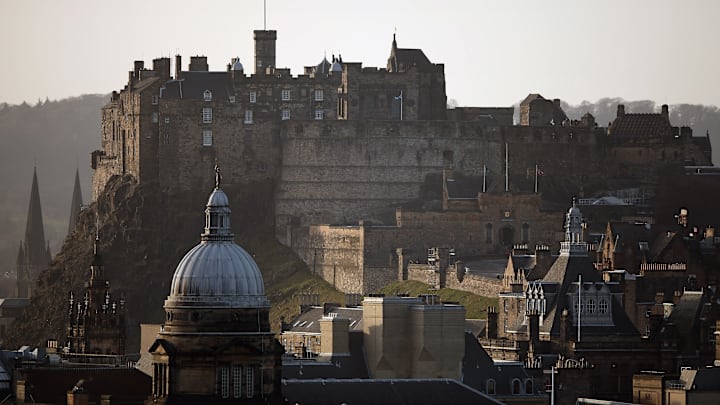Every year, millions of tourists flock to Scotland to enjoy scenic vistas, ancient buildings, and the nearly seven million sheep strewn about the countryside. Edinburgh, in particular, attracts an average of two million international visitors every year. But those kind of numbers create a lot of wear and tear on local infrastructure. And the price tag of maintenance and repairs are only going up, particularly in the UK where cost of living has become a full blown crisis.
In 2024, Edinburgh's city council approved what they're calling a Transient Visitor Levy, which is more accurately described as a tourist tax. It will be five percent of accommodation costs and capped at seven consecutive days stay. The new tax is set to come into full effect as of July 24, 2026, so there is some time before tourists will have to start dealing with it. This impacts all forms of hotels, bed and breakfasts, and Airbnb-style holiday rentals.

The tax is expected generate over $60 million USD in funds, most of which will be directed towards repairs and maintenance to existing infrastructure as well as new potential projects. Approximately 35% of that income will also be allocated to Ediburgh's art scene, a major reason why so many tourists travel there. Not everyone is happy, of course. Many in the tourism sector are worried that additional fees will hurt Edinburgh's chances in a very competitive marketplace.
City council remains confident that travelers will see Edinburgh as a desirable travel destination and that the improvements implemented with the generated funds will only improve the city's standing. Additionally, the Highland Council is considering a similar tourist tax on accommodations for visitors to the ever popular Scottish Highlands. The region receives millions of tourists per year, so this move seems likely.
